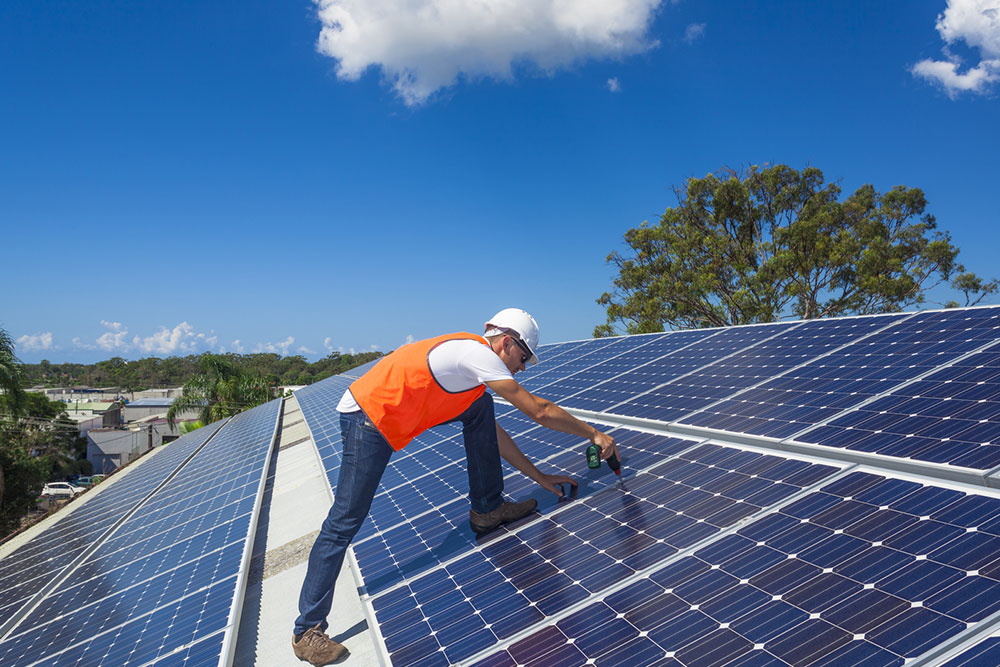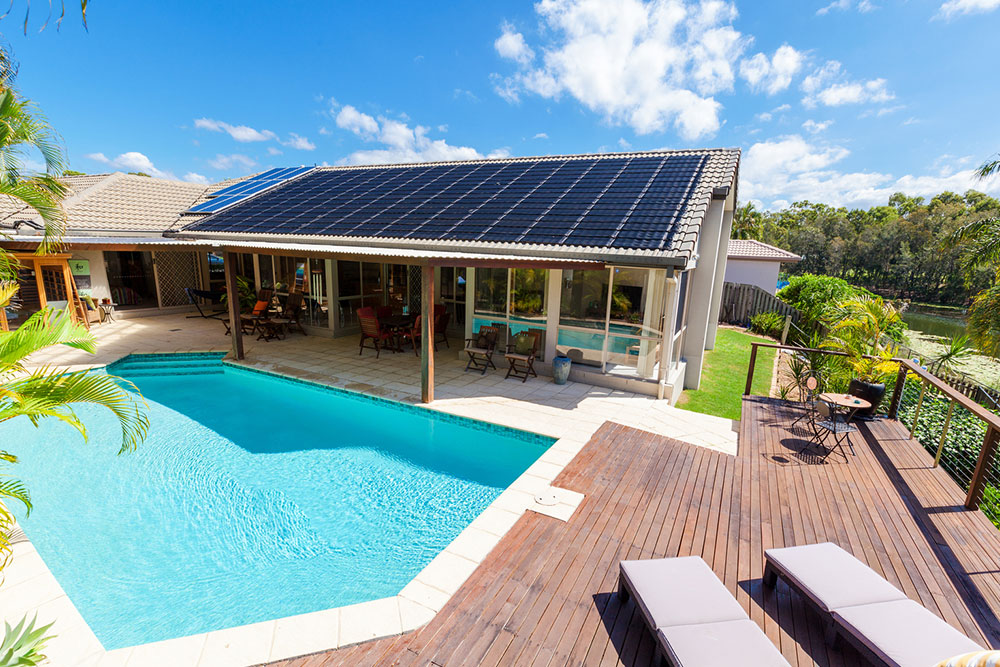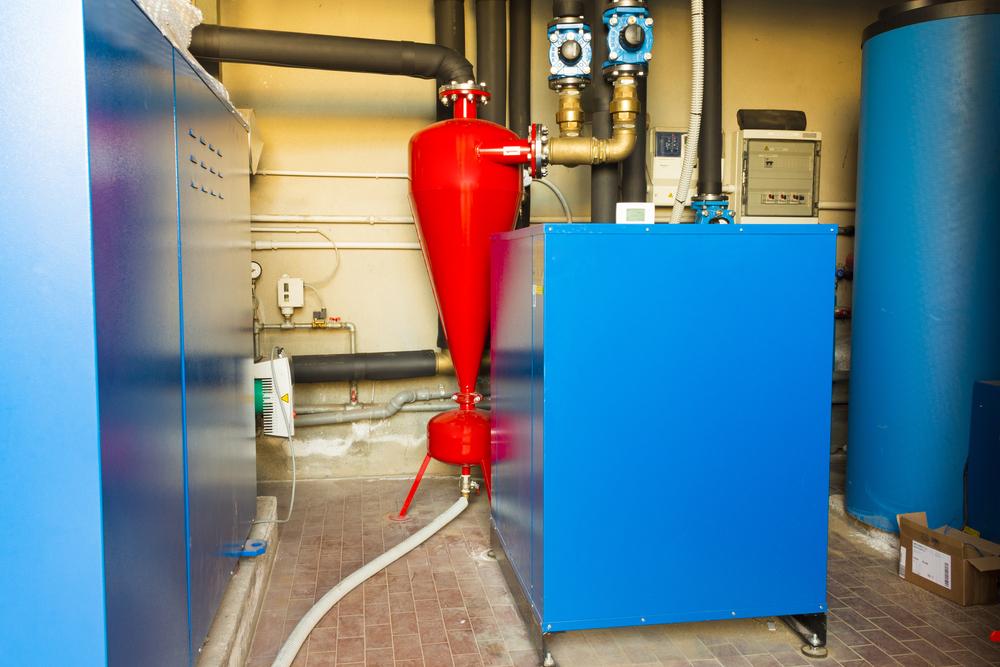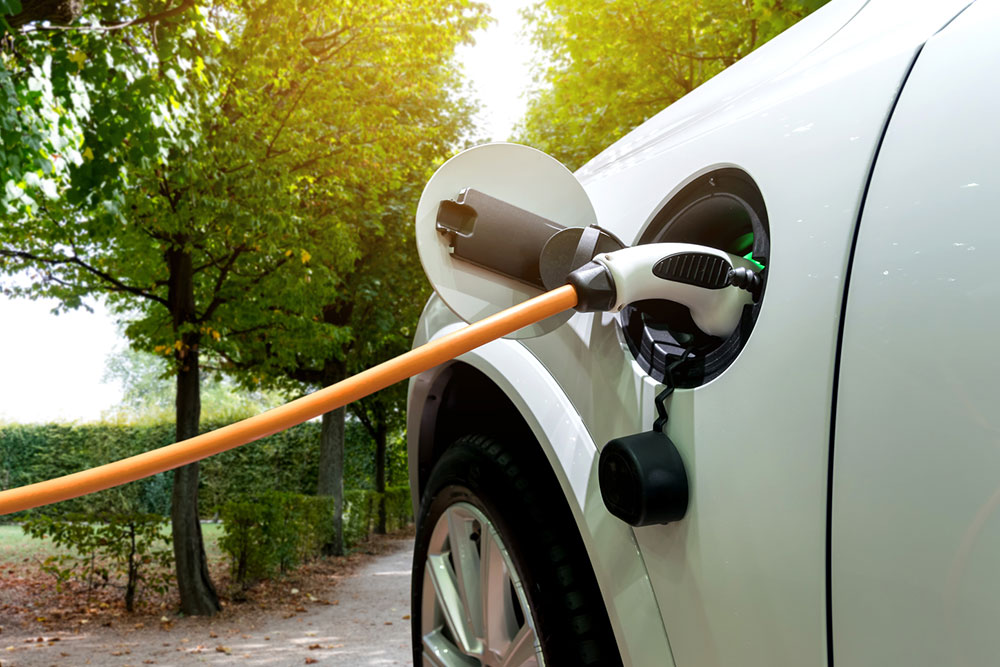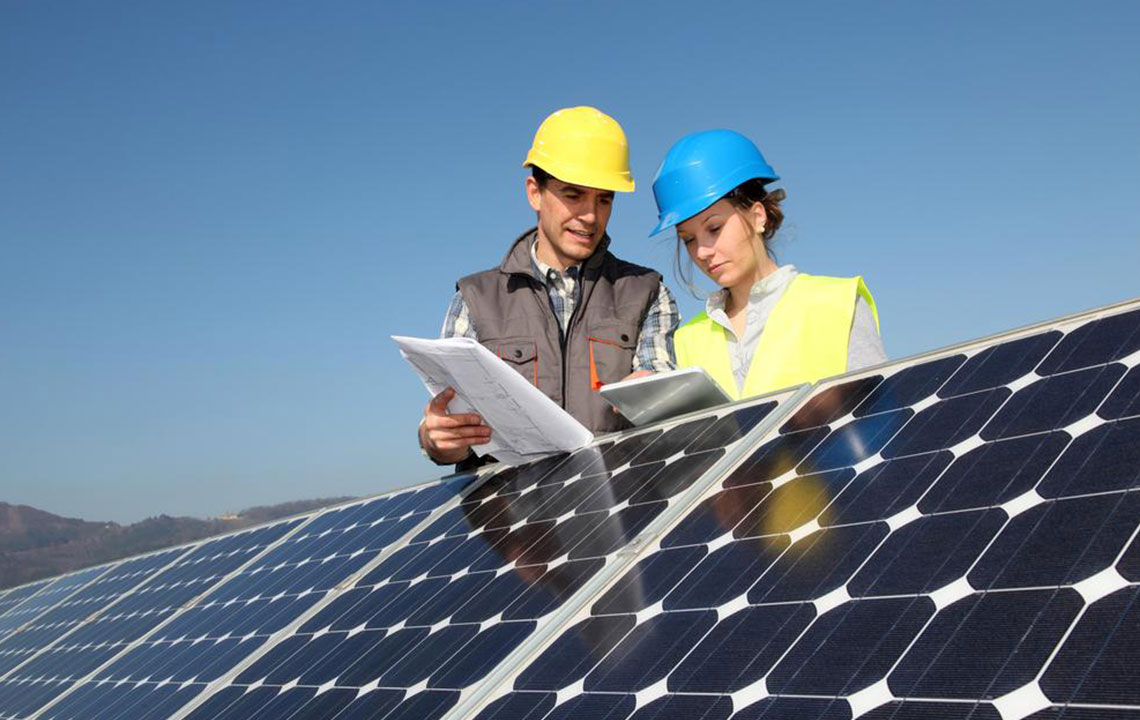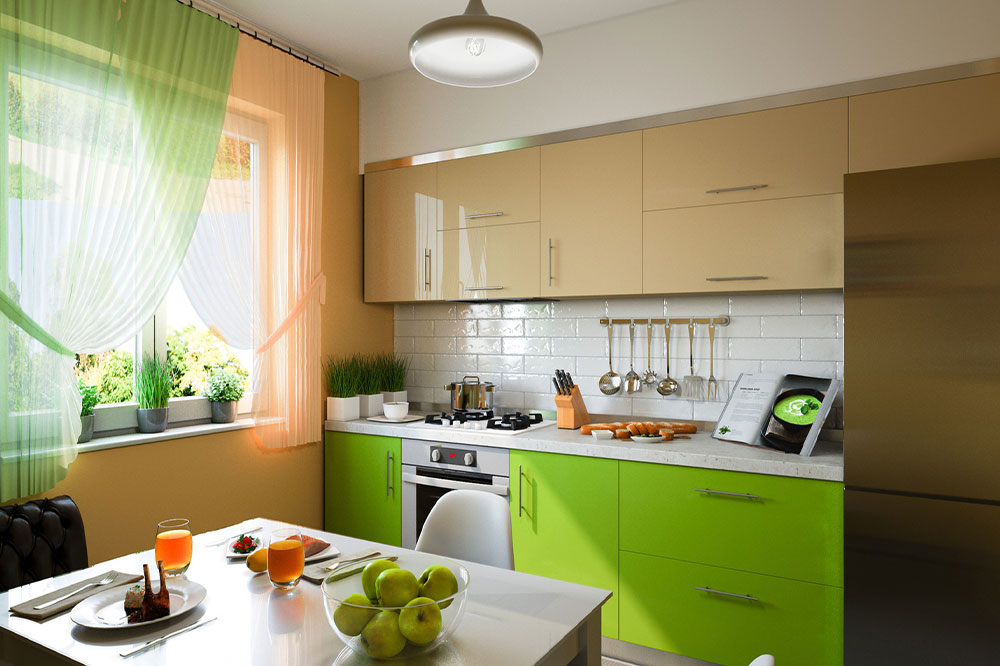Forecast for Solar Panel Costs in France in 2024
Forecasting the 2024 costs of solar panel installations in France, this article discusses key factors influencing expenses, governmental incentives, regional differences, and technological advancements. It offers valuable guidance for homeowners and businesses considering renewable energy options, emphasizing long-term savings and environmental benefits. As costs are expected to decline moderately in 2024, timely investments and leveraging incentives can make solar power an economically viable and eco-friendly choice across France.

Forecast for Solar Panel Costs in France in 2024
France is increasingly focusing on renewable energy, positioning itself as a leader in solar power adoption. To meet national environmental targets, the government actively promotes solar panel installations, prompting questions about associated costs as we approach 2024. This article explores key factors influencing installation expenses, offering valuable insights for those considering solar energy adoption. The shift toward eco-friendly power sources has heightened interest in solar panel costs across France.
Understanding the main components that determine these costs is essential. They include the price of solar panels, installation labor, additional equipment such as inverters, mounting hardware, and licensing or administrative fees.
1. Typical Expenses in 2024
In 2024, the typical expense for installing a solar energy system in France ranges from €7,000 to €15,000. Costs vary based on system size and technology, catering to both residential and commercial needs. Larger setups generally benefit from economies of scale, reducing the cost per kWh generated.
2. Cost Elements
Most costs are dominated by the solar panels themselves, accounting for about 60% of total expenses. Investing in high-efficiency panels may require a higher initial outlay but offers greater long-term benefits. Labor costs, which make up roughly 15-20%, depend on installation complexity, roof type, and the system's design.
3. Government Incentives
The French government provides various incentives to offset installation costs. These include reduced VAT, direct rebates, and favorable feed-in tariffs. Homeowners may access discounts covering up to 30% of the total expense, significantly lowering overall costs by 2024.
4. Technological Progress
Recent innovations have led to more efficient, cost-effective solar panels, such as thin-film options that require less material and are cheaper to produce. These technological advances are expected to further decrease average installation costs over time.
5. Regional Cost Differences
Costs vary across France based on location. Urban areas often incur higher labor charges, while rural areas may face additional logistical expenses. Regional incentives also influence solar adoption affordability.
6. Tips for Homeowners
Prospective solar users should weigh upfront costs against long-term savings, including lower electricity bills and income from feed-in tariffs. Additionally, embracing solar energy helps reduce carbon footprints and supports sustainability goals.
In summary, solar panel installation costs in France are affected by equipment prices, labor, regional factors, and incentives. Technological progress and competitive markets are expected to bring cost reductions by 2024. Careful planning and swift action can maximize financial incentives, making solar energy a smart investment for households and businesses alike, combining savings with environmental benefits.

